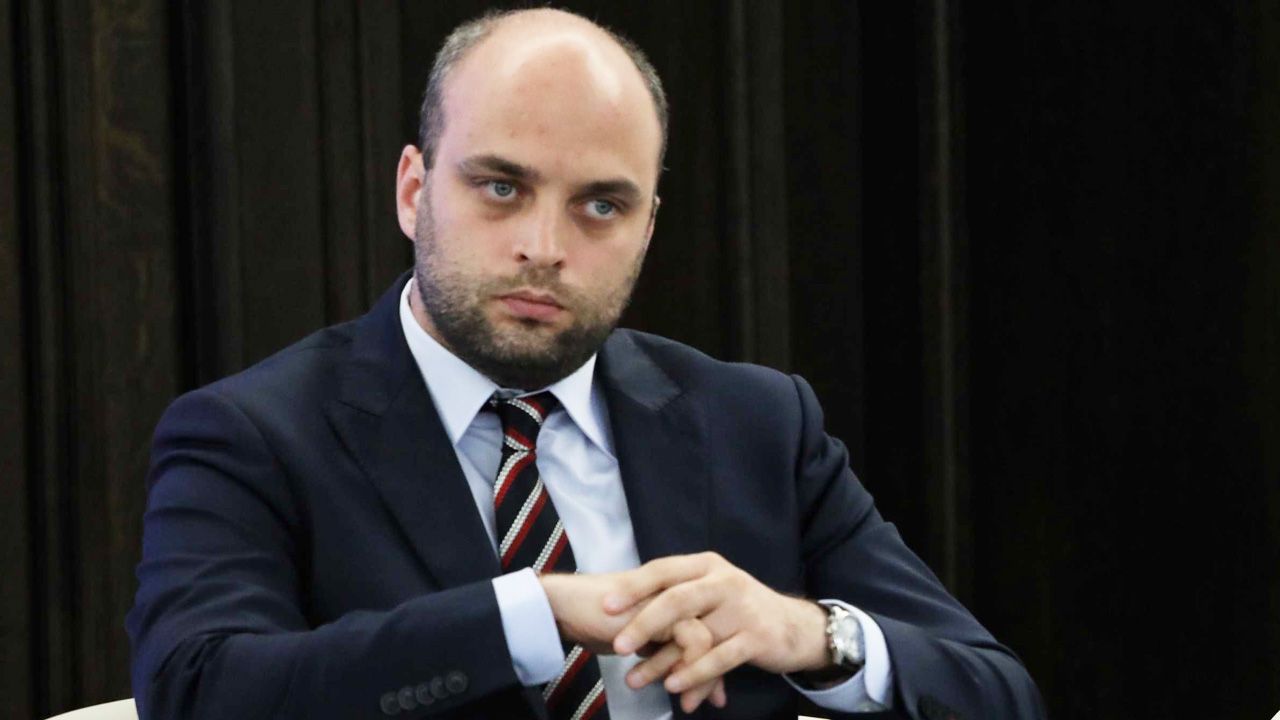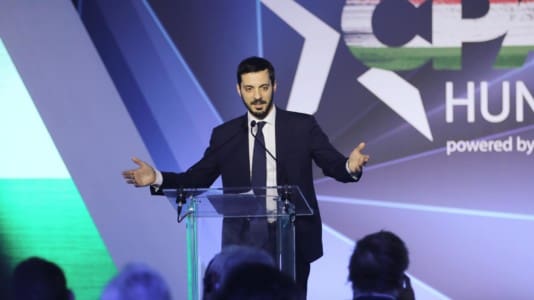The Polish ambassador to Hungary has accused the new chief of staff of the Hungarian armed forces of rewriting history after he claimed the local conflict between Poland and Nazi Germany escalated into World War II due to the lack of peace talks.
Hungarian Lieutenant General Gábor Böröndi, who was appointed to his new role last week, made the remarks about the Second World War during an interview with Hungarians news channel M1 on Tuesday, as he warned that lessons must be learned from previous failures to broker peace, a policy Hungary advocates in relation to the ongoing Russo-Ukrainian conflict.
“Let’s think of the Second World War, in 1939 the German-Polish war started as a local war, and what was the end? That escalation was not caught in time by a peace process, and it led to the Second World War,” Böröndi told the news channel.
[pp id=41676]
In the latest outbreak of diplomatic strife between Poland and Hungary, Sebastian Kęciek, Poland’s ambassador in Budapest, penned a letter to the military chief on Wednesday expressing his “surprise” at the remarks and describing them as “unacceptable distortions of history” that “should not come from anyone, especially from a representative of a country that is our close ally.”
He wrote:
The outbreak of the Second World War was not caused by the lack of peace talks with the aggressor, but by the policy of appeasement and yielding to the subsequent demands of the Third Reich. Under the secret Molotov-Ribbentrop Pact, Adolf Hitler and Joseph Stalin divided their spheres of influence and thus planned the partition of Poland. According to this agreement, on September 1, 1939, the troops of the Third Reich committed an armed, unprovoked aggression against Poland, while on September 17, defending Poland was attacked from the east by the Red Army — this is how the exodus of Poles began, which lasted almost 6 years and consumed the lives of 6 million Polish citizens.
Kęciek claimed the remarks risked purporting Poland as the “abuser” instead of the victim, adding that his country was an “indisputable victim of the criminal and planned actions of the Third Reich and the Soviet Union, and consequently also of their allies.”
The Polish ambassador reiterated his country’s commitment to stand in solidarity with Ukraine, arguing Poland is “on the right side of history, on the side of the victim, not the aggressor.” He added that this is the only position that can bring about “lasting peace in Europe.”
[pp id=73604]
Hungary has opted to remain militarily neutral in the ongoing conflict with Prime Minister Viktor Orbán regularly calling for a brokered peace agreement to stop further bloodshed.
In an interview in December last year, Orbán said his government is unashamedly “on the side of the Hungarians” in the conflict.
The contrasting position of Poland and other nations in the West has caused some diplomatic friction, with some accusing Hungary of Russian appeasement, a notion Orbán strongly rejects:
The answer to the question of whether we are on the right or wrong side of history is that we are on the Hungarian side of history. We support and help Ukraine, it is in our interest to preserve a sovereign Ukraine, and it is in our interest that Russia does not pose a security threat to Europe, but it is not in our interest to give up all economic relations with Russia. We are looking at these issues through Hungarian glasses, not through anyone else’s.





